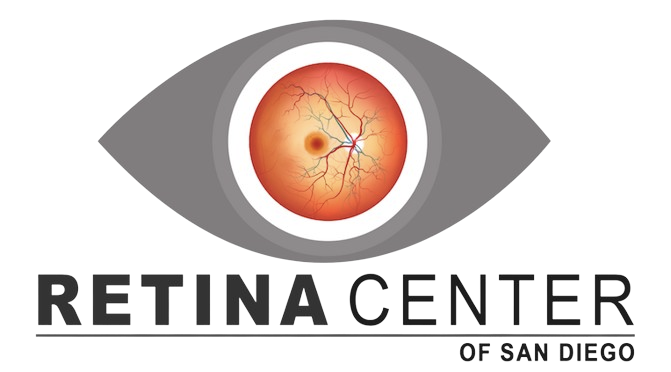Central Serous Retinopathy
What is Central Serous Retinopathy?
Central serous retinopathy (CSR), also known as central serous chorioretinopathy (CSCR), is a condition characterized by the accumulation of fluid underneath the retina in the central macular region. This buildup of fluid can cause distortion or loss of central vision.
The exact cause of CSR is not fully understood, but it is believed to be related to dysfunction in the choroid, the layer of blood vessels beneath the retina. Risk factors for CSR may include stress, corticosteroid use, hypertension, and Type A personality traits, among others.
Symptoms of central serous retinopathy may include:
- Blurred or distorted central vision
- Decreased visual acuity
- Metamorphopsia (visual distortion, such as straight lines appearing wavy)
- A central blind spot in severe cases
Treatments for Central Serous Retinopathy
Treatment for central serous retinopathy depends on the severity of symptoms and the impact on vision. In many cases, mild cases of CSR may resolve on their own over time without any specific treatment. However, if symptoms persist or if there is a risk of vision loss, various treatment options may be considered:
- Observation: In cases of mild CSR with no significant vision loss, observation and regular monitoring by a retina specialist may be recommended. This allows for close monitoring of the condition to detect any changes in vision or the development of complications.
- Laser photocoagulation: Laser therapy may be used to target the leakage of fluid from abnormal blood vessels in the retina. This treatment can help seal leaking blood vessels and reduce the accumulation of fluid in the macula, thereby improving vision.
- Photodynamic therapy (PDT): PDT involves the use of a light-activated drug called verteporfin, which is injected into the bloodstream and selectively absorbed by abnormal blood vessels in the retina. A laser is then used to activate the drug, causing damage to the abnormal blood vessels and reducing fluid leakage.
The choice of treatment depends on factors such as the severity of symptoms, the presence of complications, and the patient’s overall health and preferences. It’s important for individuals with central serous retinopathy to undergo regular eye examinations and to discuss treatment options with their retina specialist to determine the most appropriate course of action.







